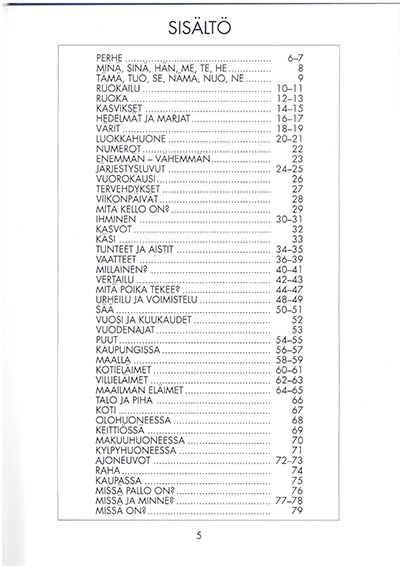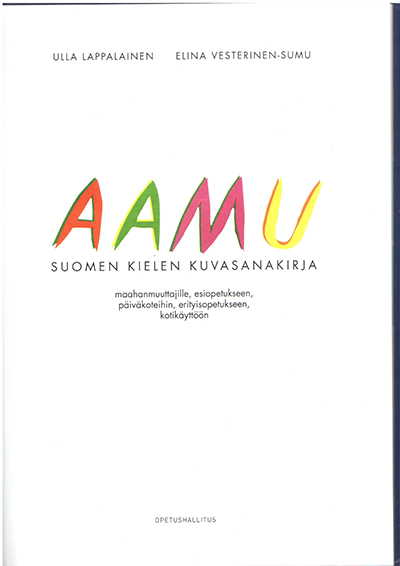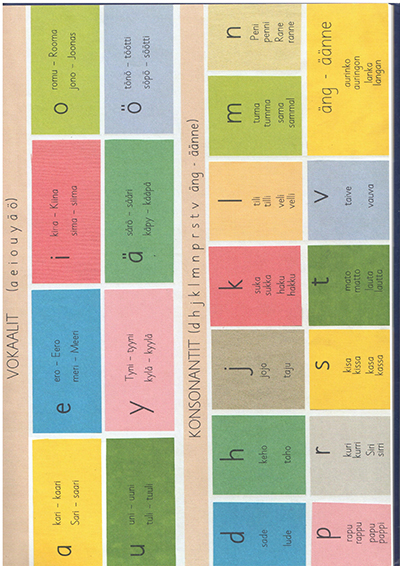| Sorted by date | |||
page177from Building Ideas
The
real importance of this process is as part of the worker’s “self-creation”,
where the personality of the producer is invested in their product – this
existentialist idea also anticipates the work of William Morris, the pioneer
English socialist and leader of the Arts and Crafts movement. Instead, the
industrial product has become a mere anonymous commodity, prized for its “exchange-value”
rather than any “use-value” in itself, and the worker, at the same time,
becomes commodifed under this system, valued as a labour resource rather than a
unique human being.
Not
surprisingly, perhaps, Marx’s political views brought him into early conflict
with academia and even his work as a journalist was soon suppressed by the
Prussian state. In 1843 he moved to Paris in search of more progressive
surroundings, where he met a fellow German, Friedrich Engels, who became his
lifelong collaborator. Engels, who had been working hi his family’s textile
business in Manchester, gave Marx some first-hand experience of capitalism, as
well as much-needed financial support. In Paris his radical journalism met with
further opposition from the government and he was forced to move to Brussels
until the onset of the German revolution of 1848. By this time he had written
the famous Communist Manifesto for the Communist League he had helped establish
there. The revolution in Germany collapsed in 1849 and he then moved back from
Cologne to Paris before finally settling down to live in London. It was only
after his death in 1883 that his more famous philosophical writings began to
appear in print, with the exception of the first volume of his study of Capital
which he did see published in 1867.
Through
Marx accepted that capitalism had produced many benefits for society, such as
much greater prosperity through an increase in productivity, he saw no reason
for the unfair “relations of production”, where a minority seemed at liberty to
exploit the labour of the majority. As a final stage in the development of an “ideal”
society, one without class divisions or destructive “antagonisms”, he predicted
a social revolution that would resolve these contradictions and create a new
system of common ownership of the means of production:
|
|||
|
|||
|
|
 ... ...
... ... ... ...
... ... ... ...
... ... ... ...
... ... ... ...
... ... ... ...
... ... ... ...
... ... ... ...
... ... ... ...
... ... ... ...
... ... ... ...
... ... ... ...
... ... ... ...
... ... ... ...
... ... ... ...
... ...